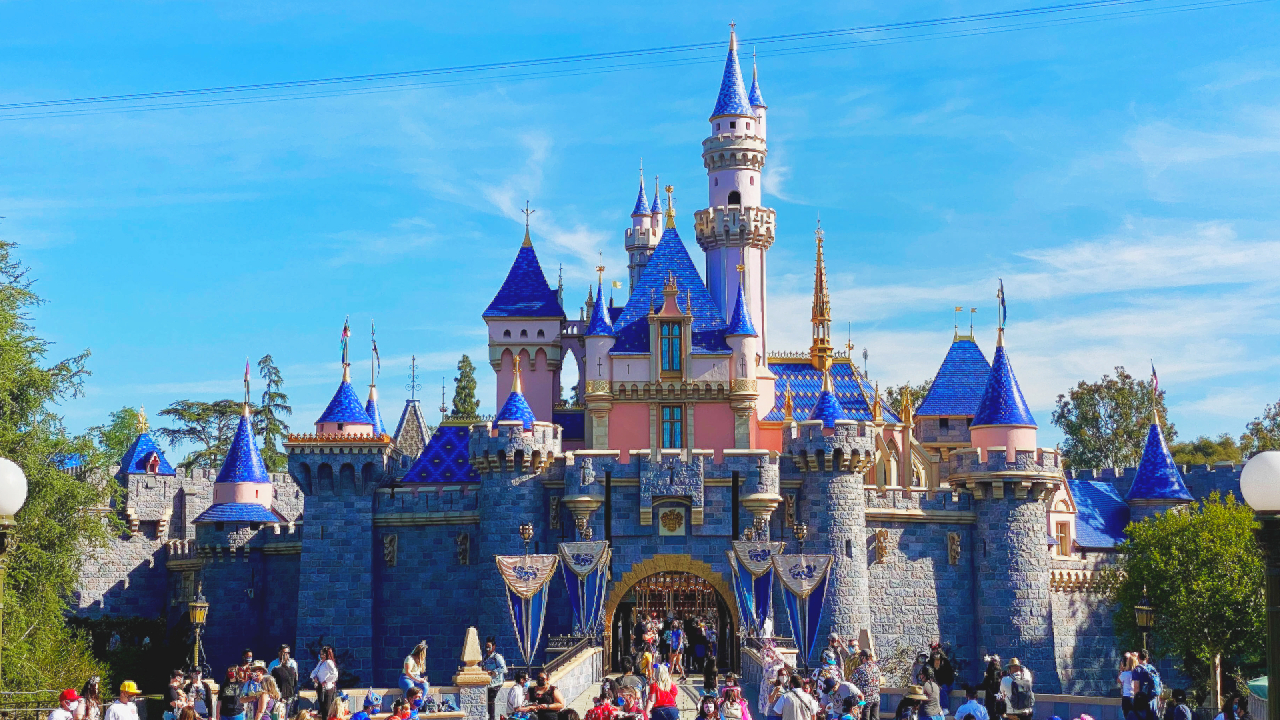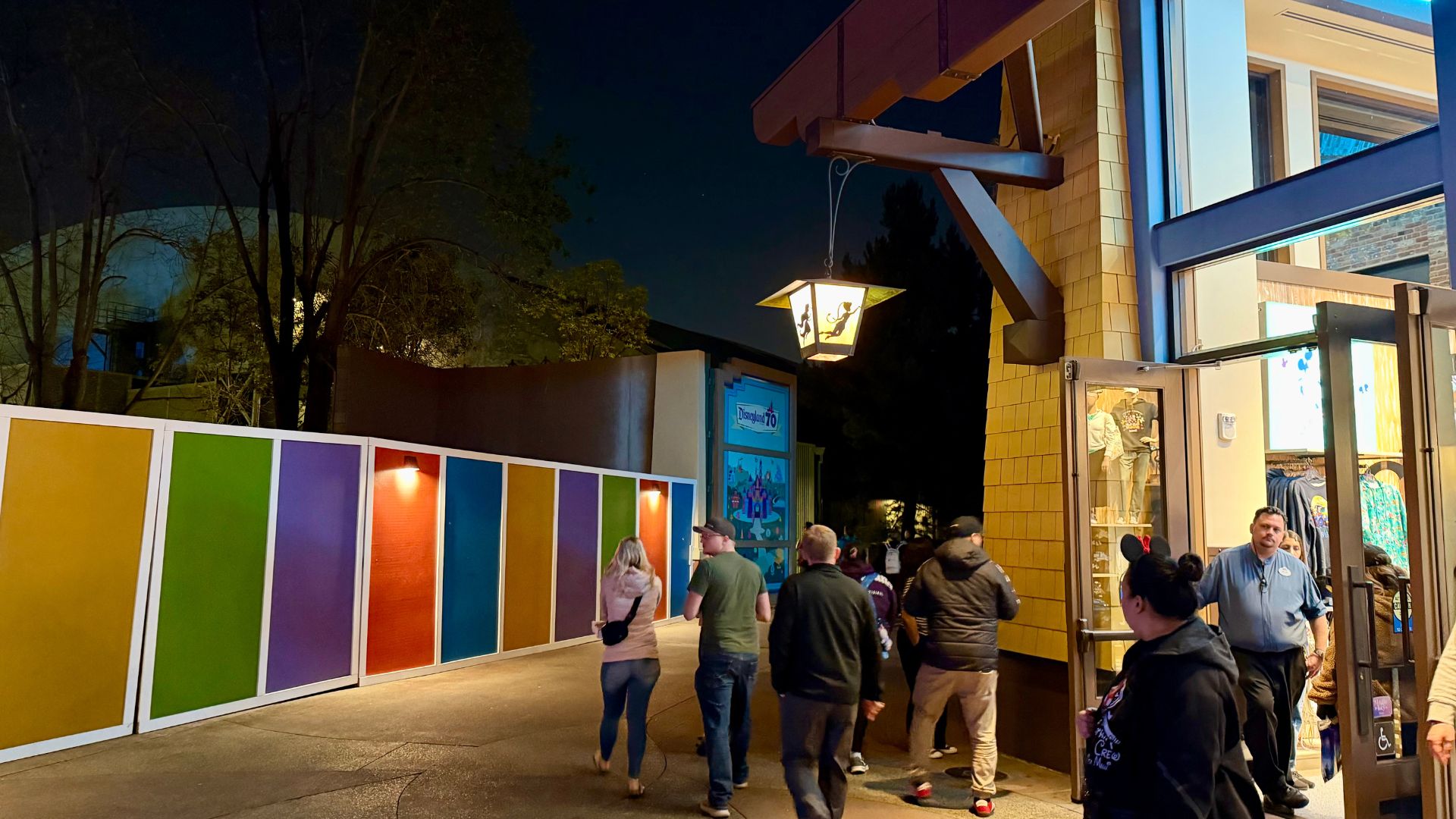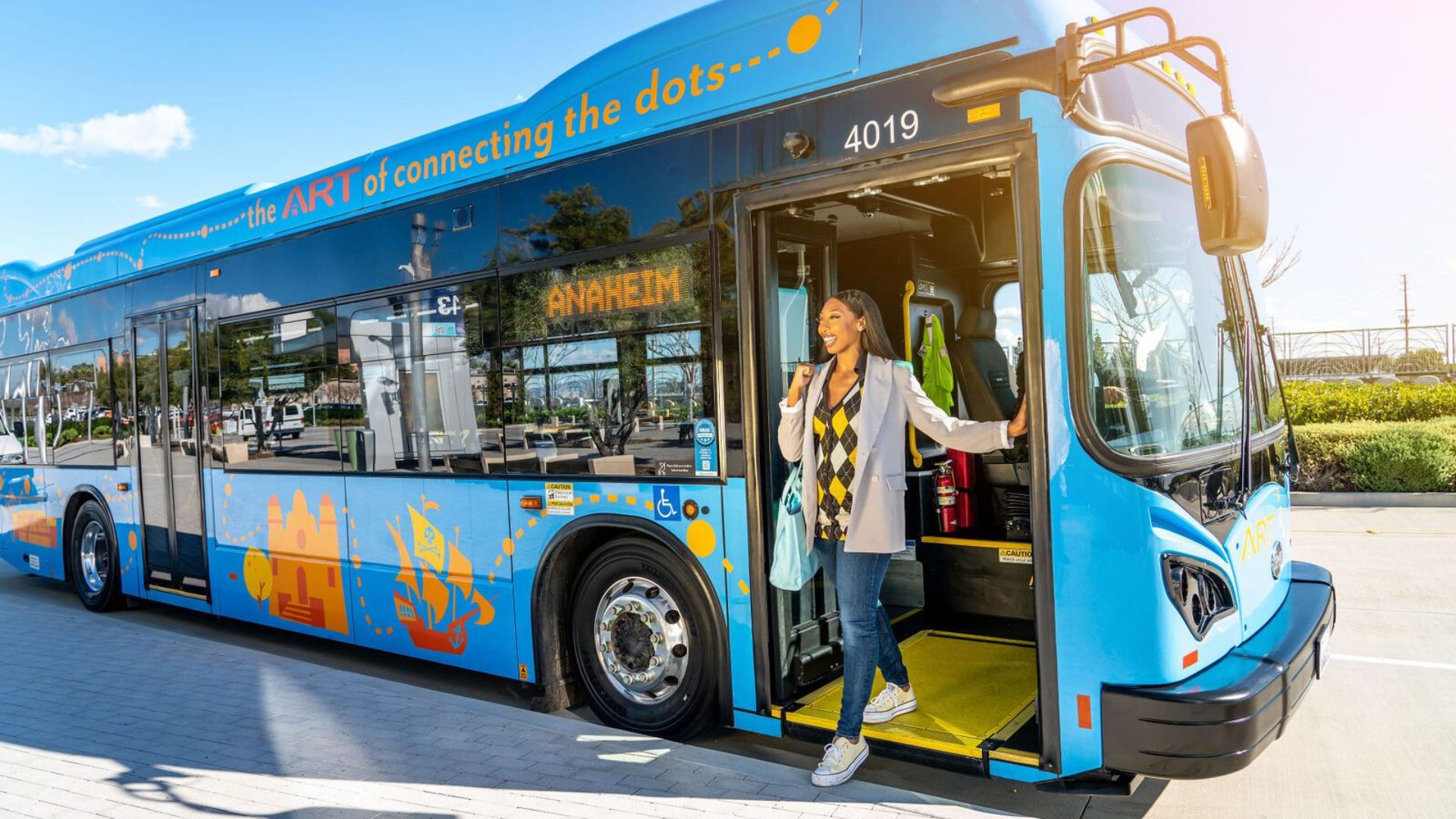A settlement has been reached in a lawsuit that was filed against Disney and its then-new Magic Key program. The class-wide settlement was for the federal lawsuit that accused Disney of deceiving those who purchased the top tier Magic Key into thinking they would have unlimited access to the parks. In reality, because of the reservation system, they could find days that were already “full” because of tickets being sold. The lawsuit accuses Disney of favoring daily ticket sales over reservation space for the Magic Key holders in question.
Jenale Nielsen, who sued Disney on behalf of all Dream Key holders (this pass was discontinued in favor of the Inspire Key), filed notice of the agreement last week in U.S. District Court. Both sides have until the end of next month to figure out the details fof the preliminary agreement before it is approved by the court.
“We are satisfied that this matter has been resolved,” Disney said in a statement released regarding the matter to The Los Angeles Times. The company did not respond to any questions regarding specifics of the resolution or the dollar amount for the settlement. Lawyers for Nielsen did not respond to requests for comments either.
The lawsuit was filed in 2021 by Nielsen after purchasing a $1,399 Dream Key pass. This was the top-tier Magic Key offering. The Magic Key program replaced the Annual Pass program that had been popular with fans for decades. Nielsen said that she believed that she could visit the Disneyland Resort parks on any given day that she chose. This was because of how Disney promoted the Dream Key as having “no block-out dates.” However, due to the reservation system, Nielsen soon discovered that she could not get reservations or into the parks throughout most of the month of November. According to the lawsuit, this included every weekend throughout the month.
“As a frequent Disneyland visitor, Ms. Nielsen thought it unlikely that all tickets and/or reservations for both Disneyland and California Adventure had already been sold out for seventeen of the 30 calendar days in November 2021,” the suit says.
Nielsen checked the Disneyland website and allegedly discovered that single-day and multi-day tickets had reservations available on the days in question. These tickets cost more per visit, up to $224.
“The problem was not that Disney had reached its capacity and therefore could not provide reservations to its Dream Key pass holders,” the suit says. “The problem was that Disney had decided to block out reservations so that they were only available to new purchases and were not available to Dream Key pass holders.”
The lawsuit contends that Disney also was limiting the number of Dream Key reservations that were available on any given day to maximize single-day-pass sales. The lawsuit argues that this “directly contradicts Disney’s advertised promise” that Dream Key holders were given when told there would not be block out dates.
It should be noted that the website did say that reservations would be “subject to availability and are not guaranteed for any specific dates or park.” However, Nielsen took that to mean that Disney would not “artificially limit” the number of reservations available and believes that a reasonable buyer would think the same.
Nielsen’s lawsuit alleges that Disney of breach of contract, negligent misrepresentation and unfair competition. It also asked that Disney pay back the pass holders impacted by this and stop its “deceptive business practices.”
Disney denied all of these accusations and said that the messaging of how the system worked was laid out clearly on the website. “We have been clear about the terms of the Magic Key product, and we know that many of our guests are enjoying the experiences these passes provide,” a Disney spokeswoman said after the suit was filed.
The case originally began in the Orange County Superior Court. It was moved to a federal court because it was a potential class-action case involving $5 million or more. The decision on if it would be a class-action was a point of contention between both sides up until as recently as this month. However, the settlement notice that was filed says that the agreement will resolve the case “in its entirety on a class-wide basis.”
The Magic Key program was introduced in the summer of 2021. While very similar to the former Annual Pass program, it continued to use the reservation system that was put in place when the Disneyland Resort reopened after being closed due to the pandemic. The previous Annual Pass system had a top tier level where passholders could visit the parks any day that they wanted without reservations, until the gates closed due to capacity. With the reservation system, capacity is determined and can be capped before guests arrive at the gates.
Initially, the Dream Key was the top tier Magic Key that was offered for the program. It allowed guests to make reservations on any day of the year, provided they were still available. It was replaced a year later by the new Inspire Key. This new Magic Key did not allow for reservations 365 days a year with blockout dates during the holidays. The Inspire Key is about to enter its second year being offered and doesn’t appear to be seeing any major modifications as the Dream Key did when it was replaced by the Inspire Key.
The full notice of settlement can be read for this lawsuit here:
What do you think of this lawsuit? What do you think of it receiving a settlement? Share your thoughts and opinions in the comments below!






